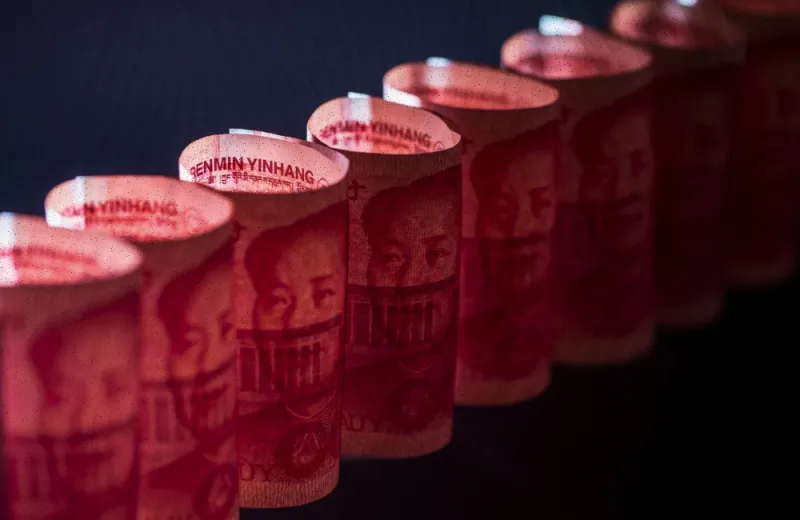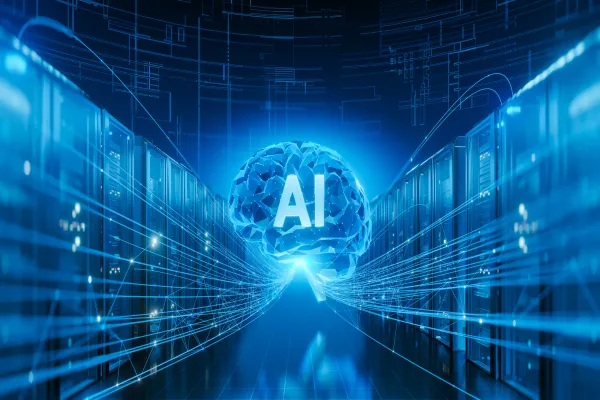Global investors may have divested from China a little too soon.
According to Marko Papic, chief strategist at Clocktower Group, there are still plenty of investment opportunities in Chinese equities and the Chinese currency. That’s because the global investment landscape — despite the media saturation surrounding the Russia-Ukraine conflict — is less “bipolar” than many investors believe and isn’t actually defined by the two warring camps of Beijing-Moscow and the West.
“[Allocators] are making decisions as if the world is already bipolar,” Papic told II. But he believes that the economic alliance between China and western Europe is more important to China than its relationship with Russia. “The economic and financial connection with the West, rather than a strategic partnership with Russia, ultimately matters more for China’s domestic socioeconomic stability,” he wrote in Clocktower’s April newsletter.
Papic added that the risks associated with Chinese assets due to tension between Beijing and Taiwan are also likely overstated. Many investors believed that Beijing would move more aggressively toward Taiwan following Russia’s invasion of Ukraine, but Papic thought otherwise. “The poor performance of the Russian military thus far has [demonstrated] to Beijing both the difficulty of fighting a limited war and the consequences of misjudging the counterparty’s temerity and moral resolve,” he wrote. And if Beijing becomes more constrained in its military capabilities, the current collapse in Chinese equities represents a “once-in-a-decade opportunity for global investors,” he said.
China’s currency, the yuan, will benefit if Beijing moves further away from Russia. According to Papic, in a multipolar world, where major economies pursue their foreign policies independent of one another, the yuan and the euro will play important roles in diversifying the global reserve system. “I don’t [think] Chinese policymakers really [want the yuan] to become a reserve currency, but it will be used more for trade, which is a component of being a reserve currency,” he said.
It would also be a good idea to bet on global defense stocks amid the current geopolitical uncertainties, Papic said. If the Russia-Ukraine crisis has taught global leaders anything, it’s the importance of military independence. He noted that Germany and Japan have both increased their defense budgets in response to the Russia-Ukraine war. As a result, the MSCI World Aero and Defense Index earned an annualized three-month return of 9.5 percent in March, compared with a negative 5.2 percent return by the MSCI World Index.
Investing in large countries that are “distant enough from centers of power” and in sectors that are “common grounds” is a smart strategy, said Papic. Countries like India, Iran, and Turkey are likely to escape relatively unscathed from the geopolitical tensions between the U.S., China, Russia, and western Europe, he wrote. He added that the green transformation “stands out as an investment theme that warrants a strategic long” in industries like raw materials and renewable energy.







